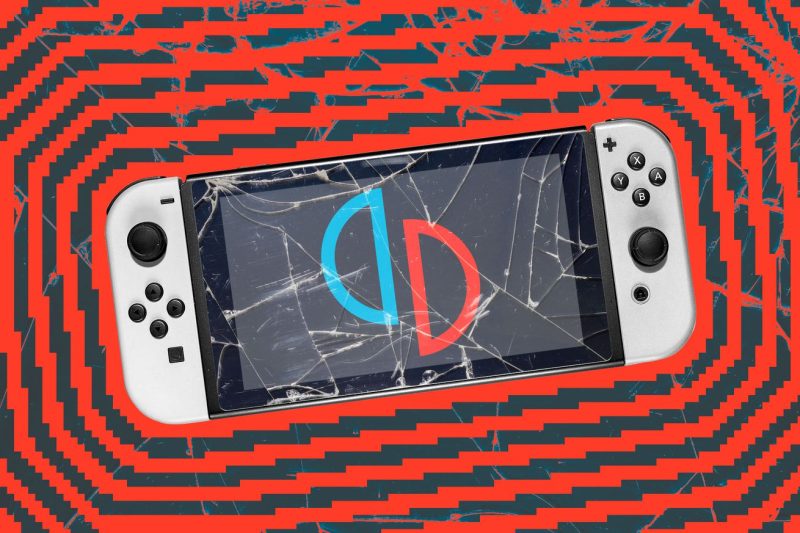Nintendo’s recent actions against the Yuzu emulator have sent shockwaves through the emulation community and raised important questions about the legality of such projects. The Yuzu emulator, known for its ability to run Nintendo Switch games on PC, has become a target for Nintendo’s legal team, leading to a wave of takedown notices and legal threats.
The crackdown on Yuzu began with Nintendo targeting websites hosting the emulator and ROMs of its games, claiming copyright infringement. This aggressive approach is part of Nintendo’s long-standing stance against emulation and piracy, as the company sees it as a threat to its intellectual property rights and revenue streams.
While some argue that emulators and ROMs allow players to enjoy classic games on modern hardware or preserve gaming history, Nintendo maintains that these activities undermine its business model and the value of its intellectual property. The company has a history of taking legal action against emulators and ROM sites, including shutting down popular ones like EmuParadise in the past.
The impact of Nintendo’s actions on Yuzu and the emulation community as a whole is significant. Developers and users are left wondering about the legal boundaries of emulation and the risks involved in creating or using such software. The threat of legal action may discourage developers from working on emulators, limiting the accessibility of older or exclusive games to a wider audience.
Furthermore, the debate around emulation raises questions about the future of game preservation and access. Emulators have played a crucial role in keeping older games playable as hardware becomes obsolete, and they offer a way to experience titles that may no longer be available for purchase. However, the legality of these efforts remains a gray area, with conflicting opinions on whether emulation is a form of piracy or fair use.
In response to the crackdown on Yuzu, some developers have chosen to adapt and continue their work discretely to avoid legal action. Others may decide to abandon emulator projects altogether, fearing the repercussions of challenging a powerful company like Nintendo. The situation highlights the complex relationship between intellectual property rights, fan-made projects, and the gaming industry’s evolving landscape.
Ultimately, Nintendo’s actions against the Yuzu emulator serve as a warning to the emulation community and a reminder of the legal risks involved in creating and using such software. As technology advances and gaming platforms evolve, the debate over emulation and its place in the gaming ecosystem will likely continue, shaping the future of gaming accessibility and preservation. Strict enforcement measures like those taken by Nintendo may deter some developers, but the passion for preserving gaming history and making games more accessible will undoubtedly persist, driving the emulation community to find new ways to navigate legal challenges and continue their work.




























